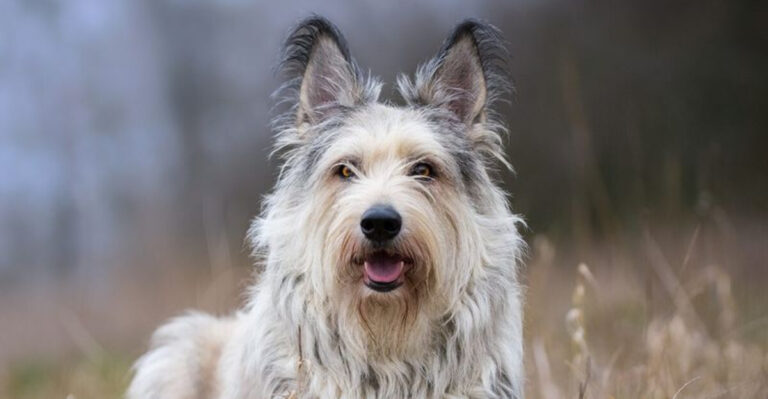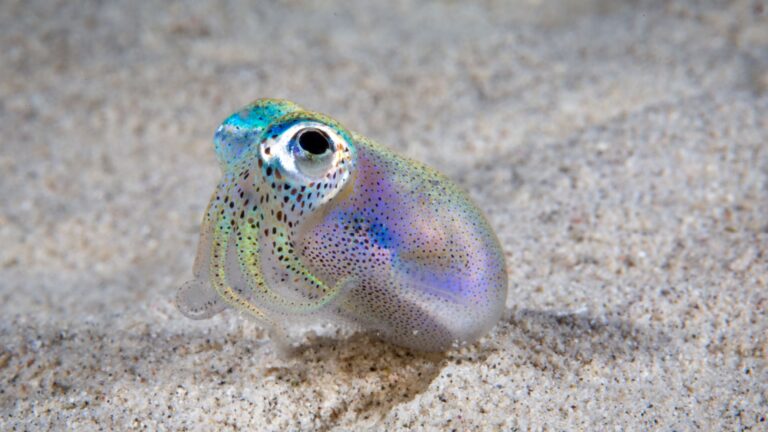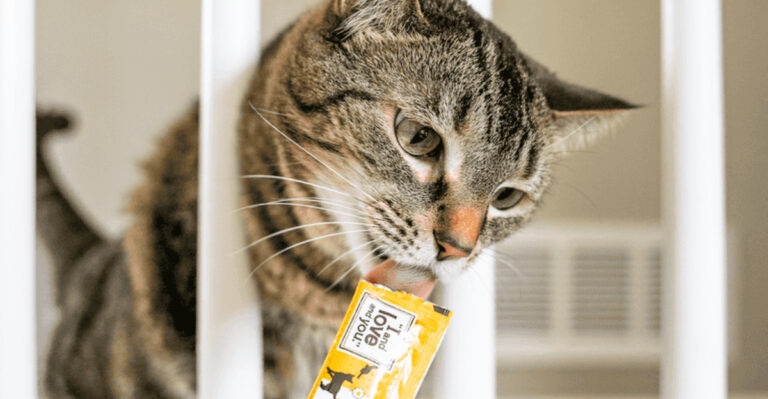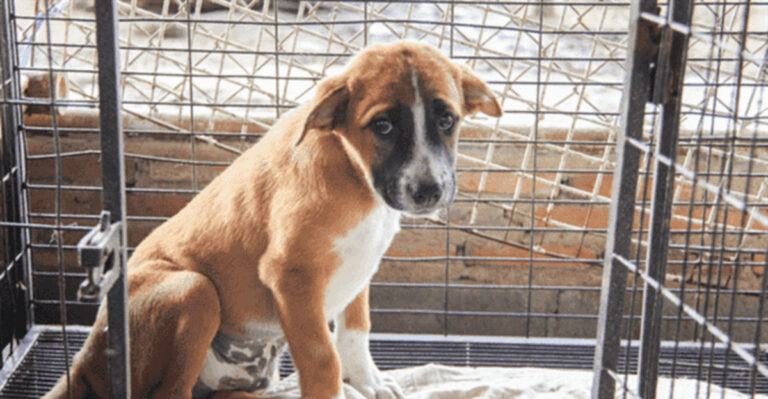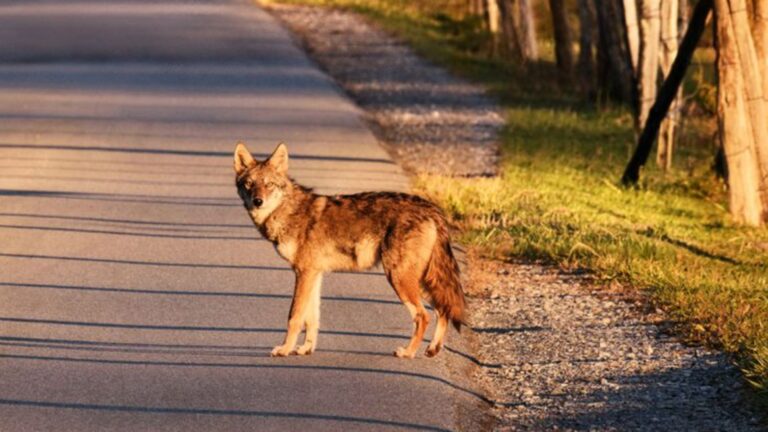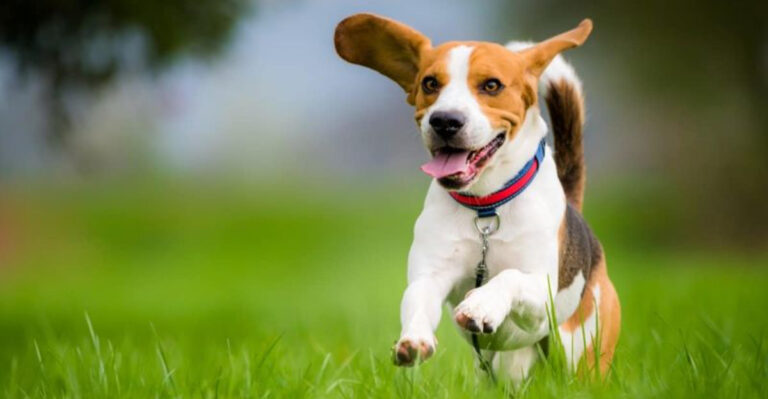14 Small Pets Veterinarians Wish People Would Stop Buying On Impulse
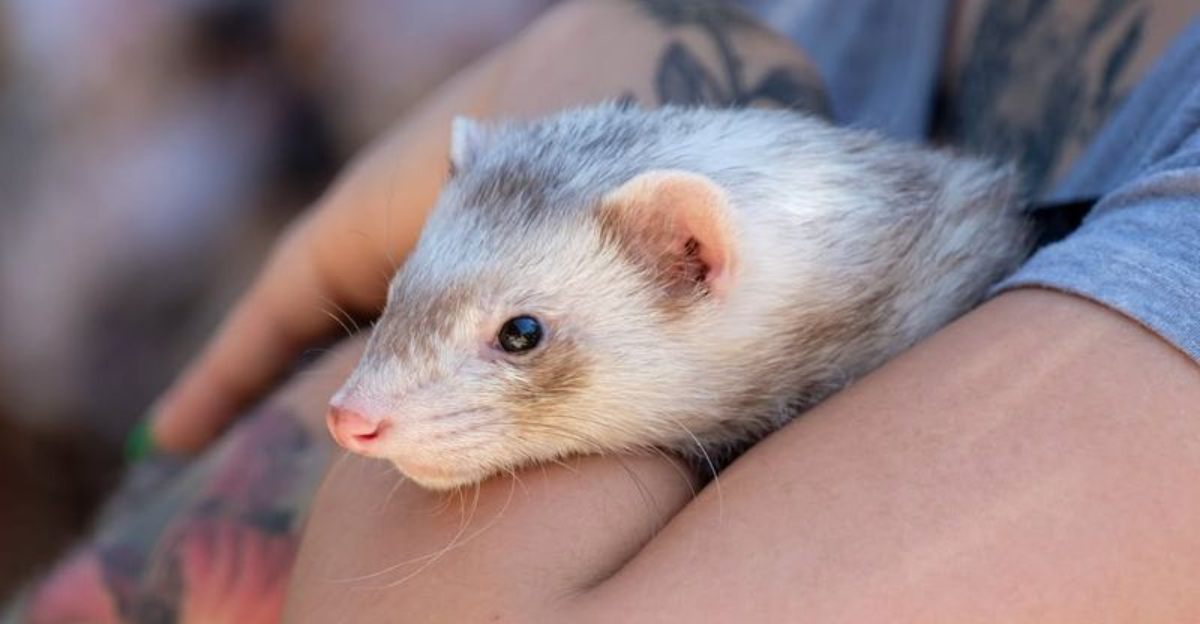
In a world where cuteness overloads our senses, it’s easy to see why people fall head over heels for small pets.
But behind those adorable eyes and fluffy tails lies an urgent plea from veterinarians: stop buying these delightful creatures on impulse! These tiny wonders require special care and commitment, often overlooked in a moment of spontaneous affection.
1. Sugar Gliders
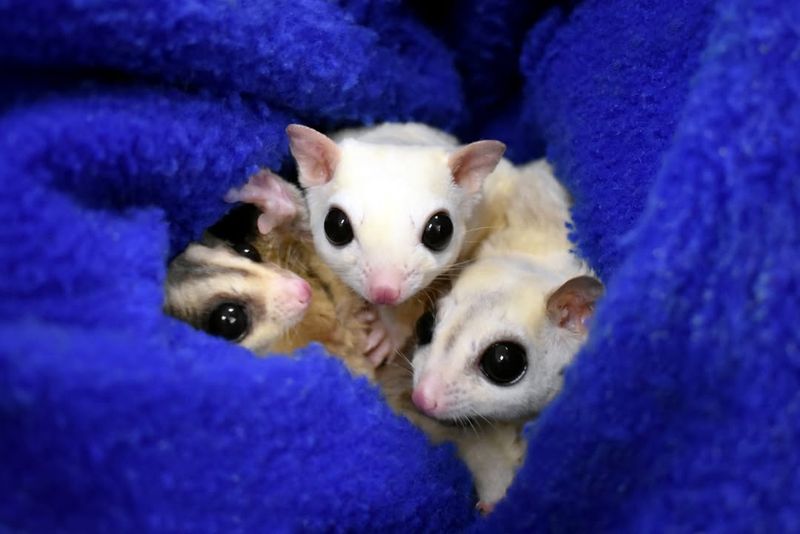
Sugar gliders, with their wide-eyed innocence, seem perfect for a pocket-sized adventure. Yet, these nocturnal creatures demand a nocturnal lifestyle, which can clash with human routines.
Their exotic diet and social needs require expert care, making them less ideal for casual pet owners. Social creatures, they thrive in pairs, so buying just one can lead to loneliness.
2. Hedgehogs
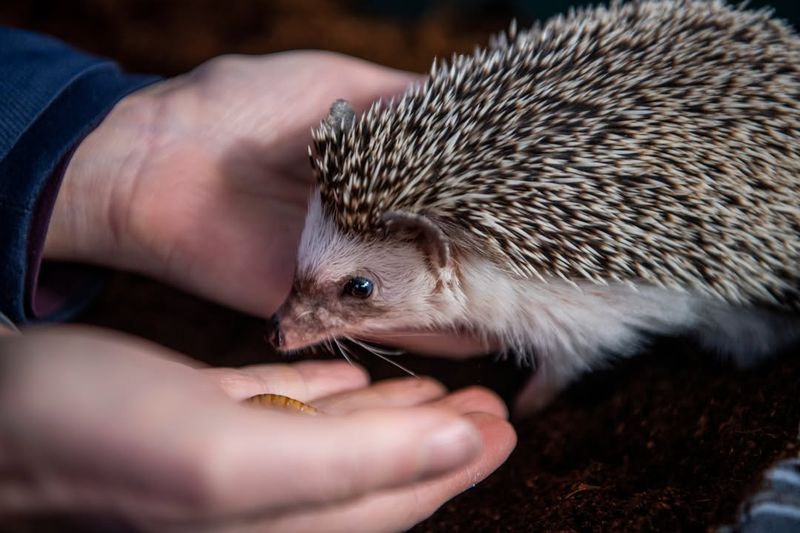
Hedgehogs may look like living pincushions, but they need more than admiration. These solitary creatures require a warm habitat and a varied diet.
Many owners struggle with their nocturnal nature, and handling them needs patience. Their quills, while fascinating, can be prickly to touch, challenging for families seeking a cuddly pet experience.
3. Chinchillas
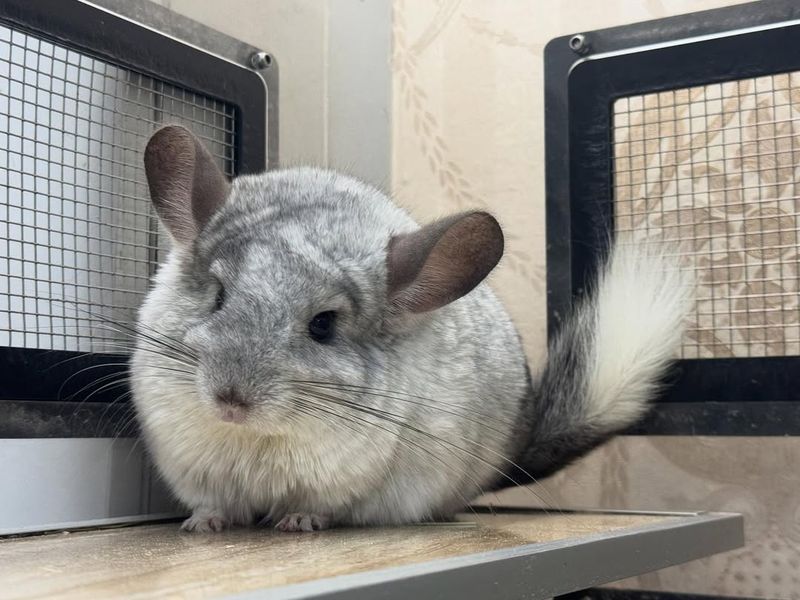
Chinchillas, with their irresistibly soft fur, demand more than a gentle touch. Their need for dust baths and cool climates can be demanding.
Fragile and nimble, they require secure spaces to explore. Often misunderstood, they need social interaction and enrichment, making them unsuited for those not ready to invest time and effort in their care.
4. Mini Pigs
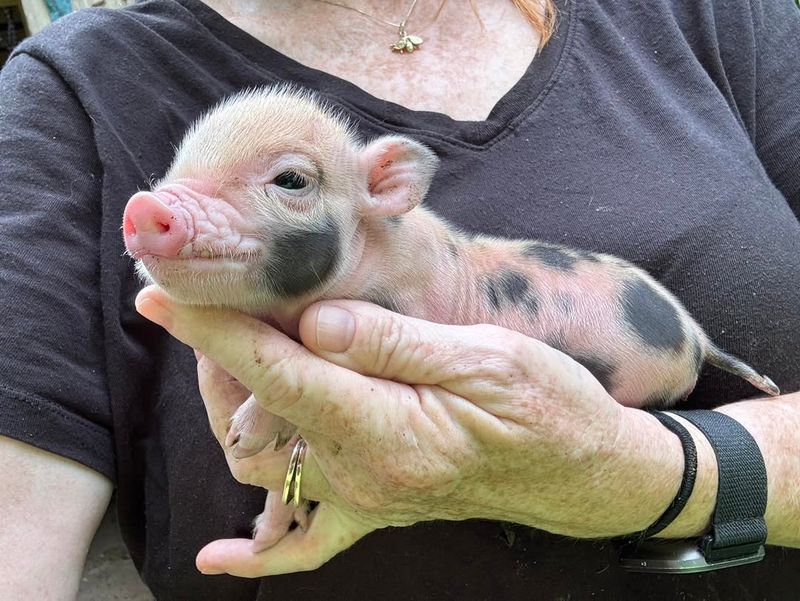
Mini pigs, charming with their snouts and small stature, often outgrow expectations. They need space, mental stimulation, and a diet beyond table scraps.
Potential owners might not realize their intelligence demands training. Without proper care, they can become aggressive. Their care involves more than a trend; it’s a long-term commitment.
5. Rabbits
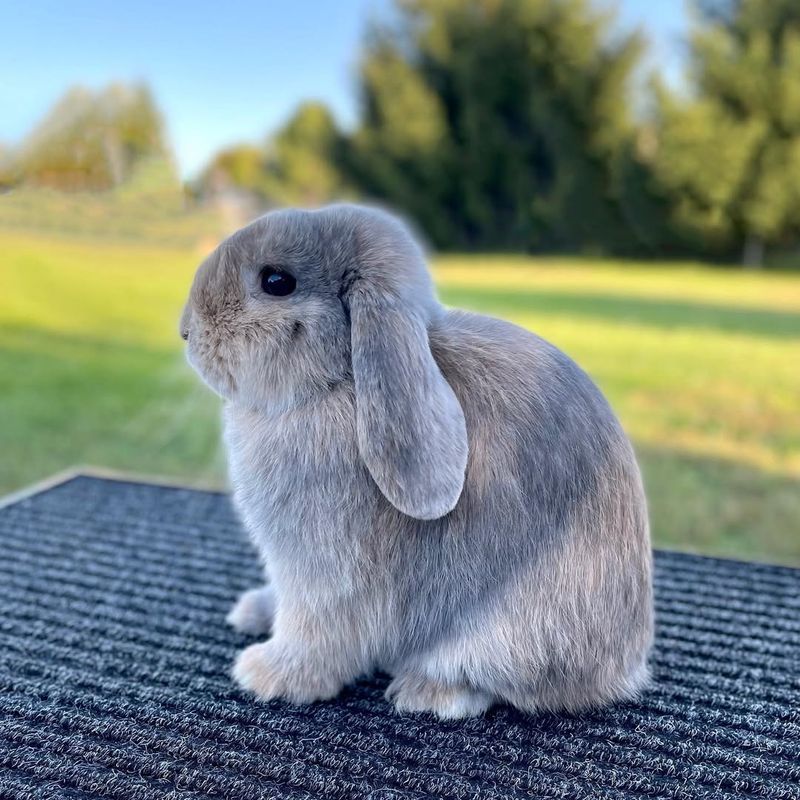
Rabbits, those enchanting furballs, aren’t the low-maintenance pets they’re often thought to be. They require spacious enclosures, companionship, and a diet rich in hay and vegetables.
Their social nature means they can’t be left alone all day. Without proper stimulation, they become bored, leading to destructive habits, a surprise to many unprepared owners.
6. Ferrets

Ferrets, full of mischief, are like tiny clowns in fur coats. Their playful antics require supervision and safe spaces. Often underestimated, they’re escape artists needing secure environments.
Their diet and health care can be complex, surprising new owners. These social animals thrive on interaction, so they’re not suited for those away from home often.
7. Iguanas
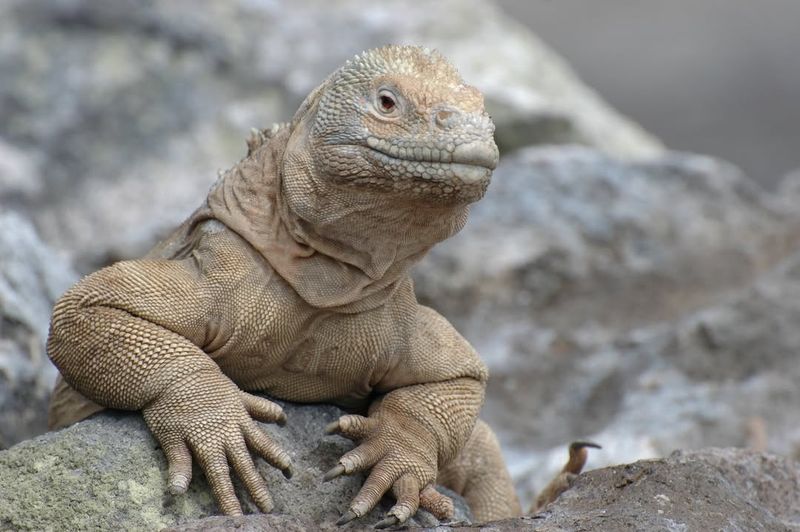
Iguanas, with their prehistoric allure, aren’t beginner-friendly. They require large enclosures and precise temperature control, not to mention a specialized diet.
Often growing larger than expected, they need space to roam. Without proper handling, they can become aggressive. Their care extends beyond their enchanting appearance, demanding informed, dedicated ownership.
8. Hamsters
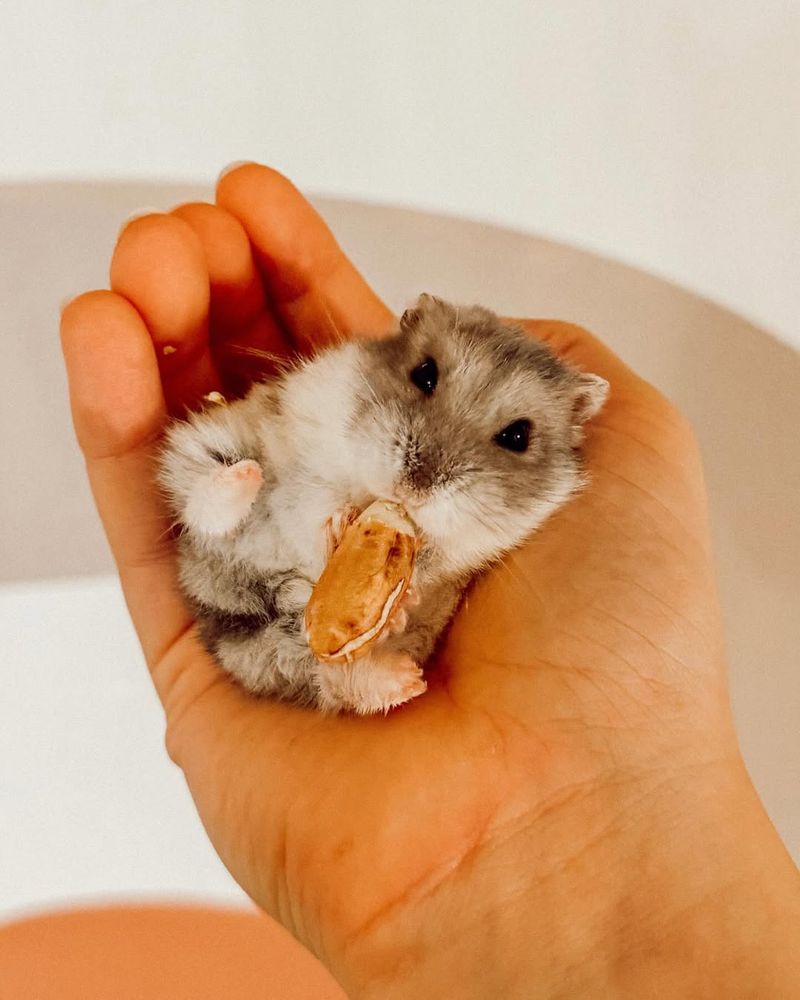
Hamsters, those tiny balls of energy, might seem easy, but they come with challenges. Nocturnal by nature, they can disrupt household sleep cycles.
Their need for exercise and stimulation is vital to prevent obesity and boredom. Often solitary, they don’t enjoy company, defying the expectations of those looking for an interactive pet experience.
9. Parrots
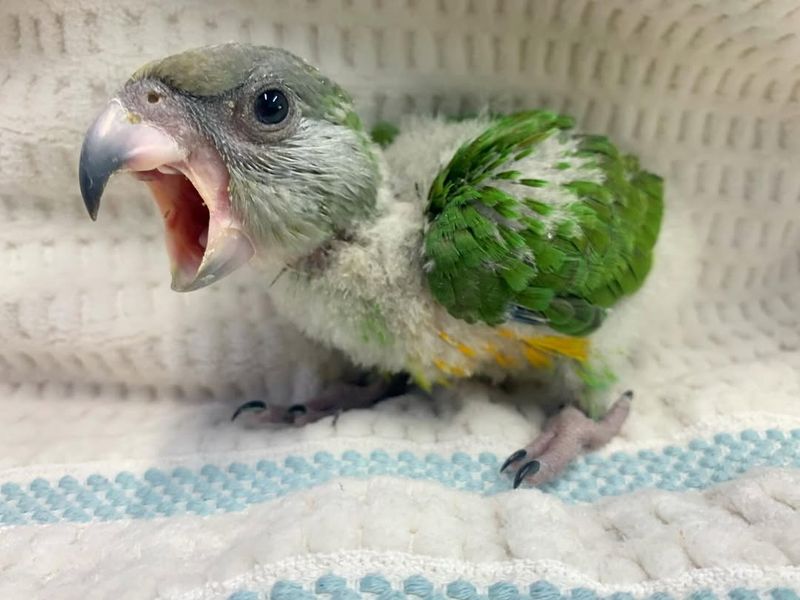
Parrots, with their dazzling plumage and intelligence, demand more than visual admiration. They require extensive mental stimulation and social interaction to thrive.
Their vocalizations can surprise new owners unprepared for the noise. These long-lived companions need commitment beyond impulse, as boredom and loneliness can lead to behavioral issues.
10. Turtles
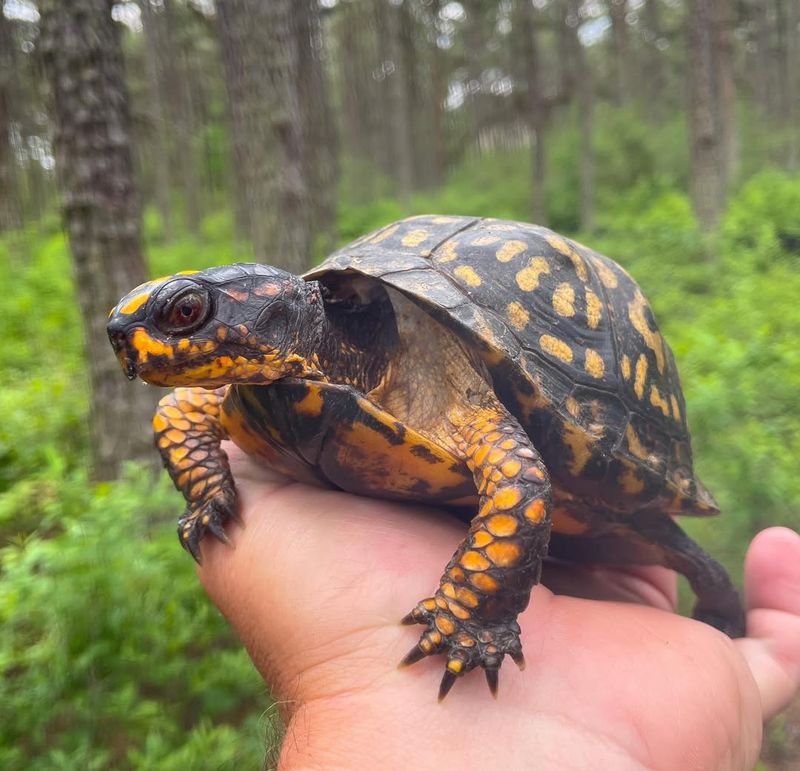
Turtles, those ancient reptiles, promise longevity, but their care is complex. They require specific lighting, diets, and habitat setups.
Slow-moving yet demanding, they often outlive expectations. Their need for clean, spacious environments can be daunting for the unprepared. Without proper care, their health suffers, requiring more than just an aquarium.
11. Gerbils
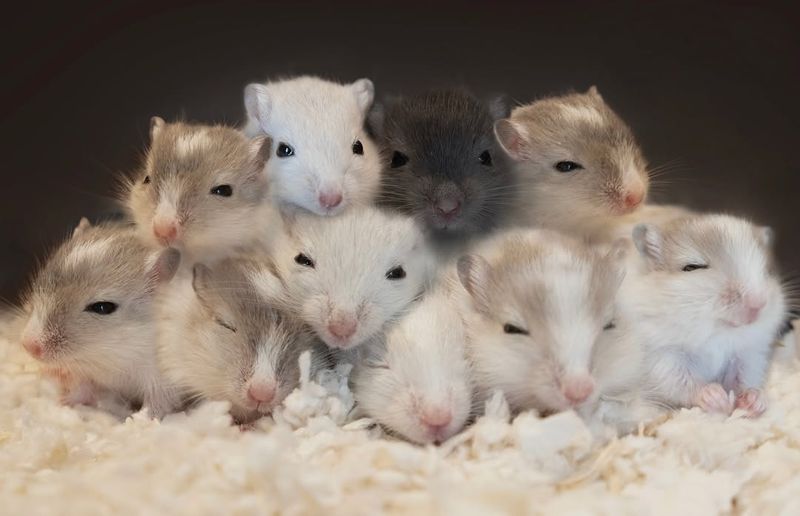
Gerbils, lively and curious, seem perfect for small spaces, yet they require room to dig and explore. Social creatures, they thrive in groups, so owning just one isn’t advisable.
Their habitats need regular cleaning, and they require mental stimulation. Often overlooked, their care requires more attention than imagined, challenging the unprepared.
12. Lovebirds
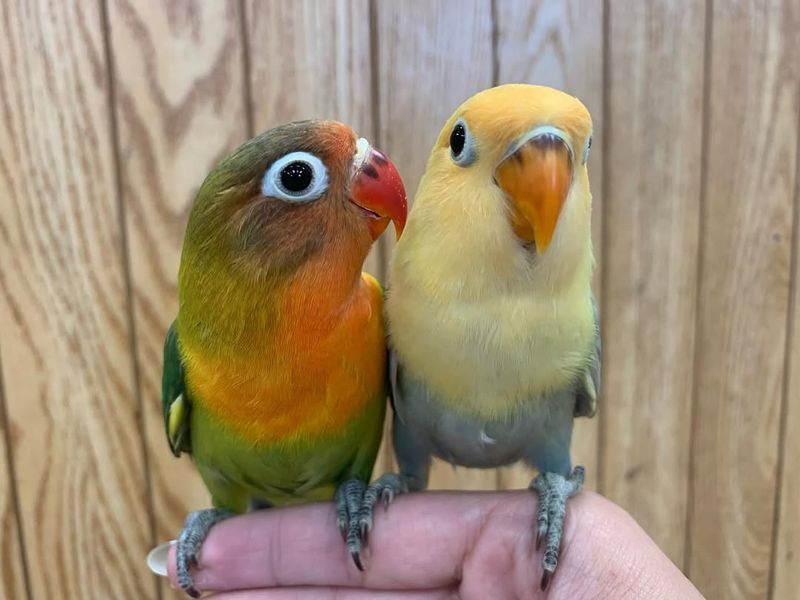
Lovebirds, with their affectionate nature, need more than a pretty cage. These social birds require interaction and companionship, often needing to be kept in pairs.
Their vocal nature and need for stimulation can surprise new owners. Without proper care, their health and happiness decline, requiring more than a simple setup to thrive.
13. Guinea Pigs
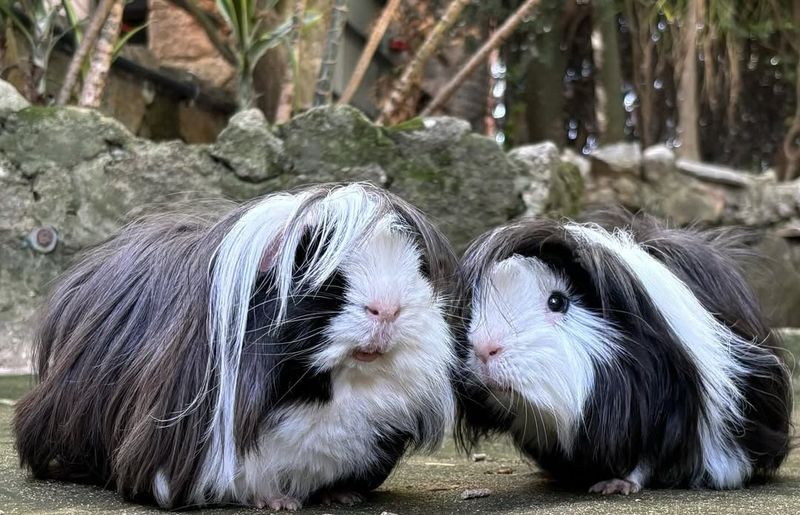
Guinea pigs, with their gentle squeaks and soft fur, demand more than occasional cuddles. They require spacious habitats and a diet rich in vegetables and hay.
Social creatures, they thrive in pairs or groups, needing constant companionship. Their care involves more than just handling; it’s about creating a nurturing environment for their well-being.
14. Fennec Foxes
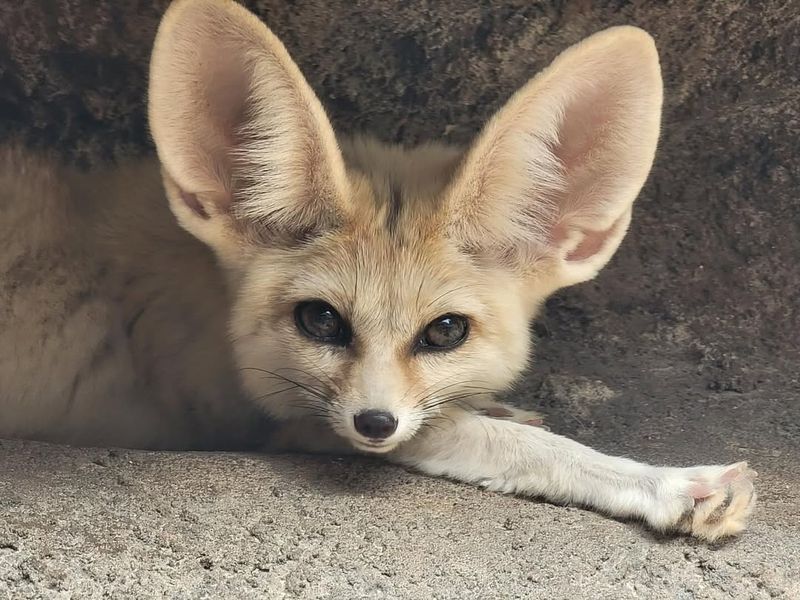
Fennec foxes, enchanting with their oversized ears, aren’t meant for every home. They require specialized care and diet, resembling that of a small exotic dog.
Their energy levels demand ample space to play and dig. Often misunderstood, they can become distressed without proper socialization and enrichment, challenging those unprepared for their unique needs.

